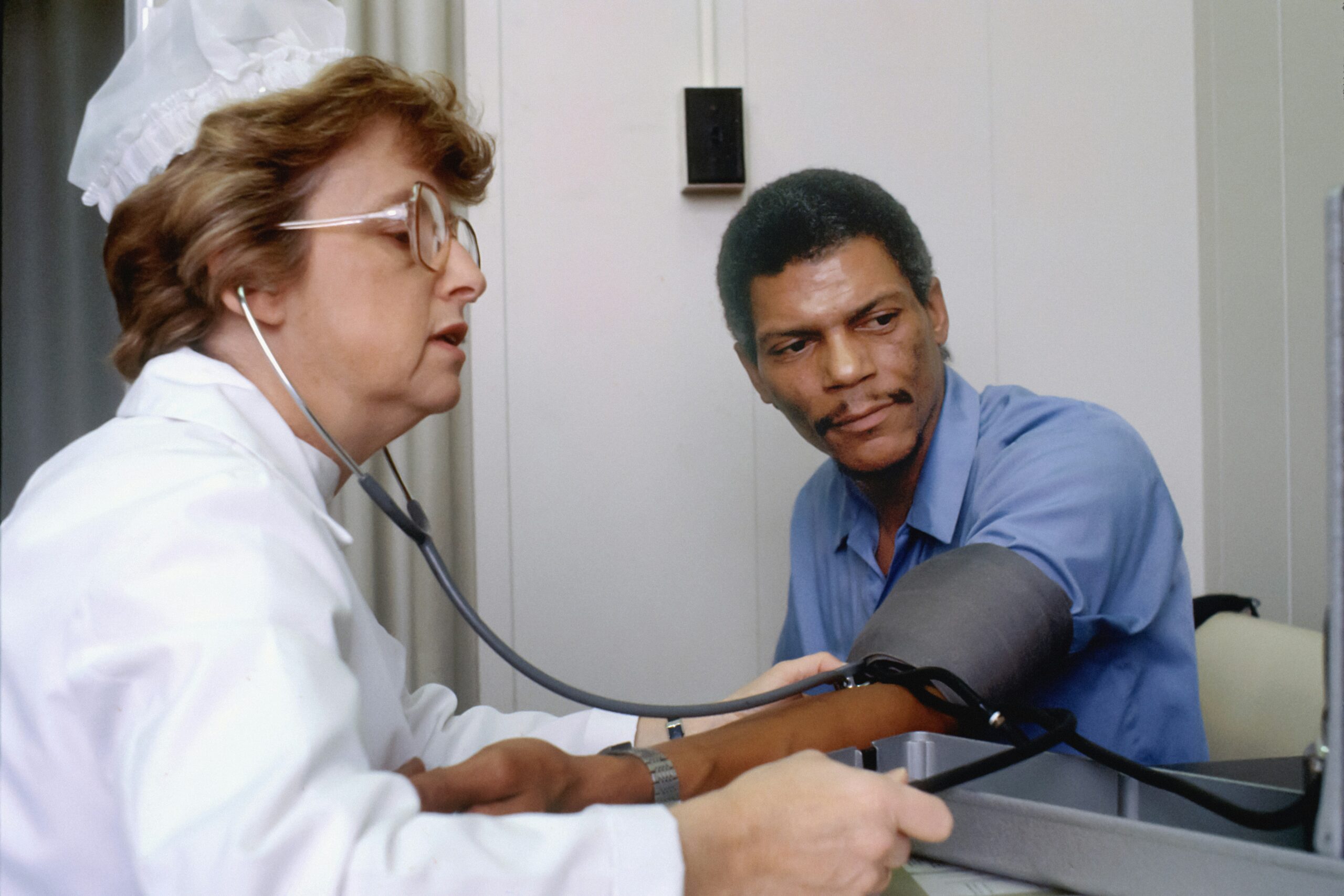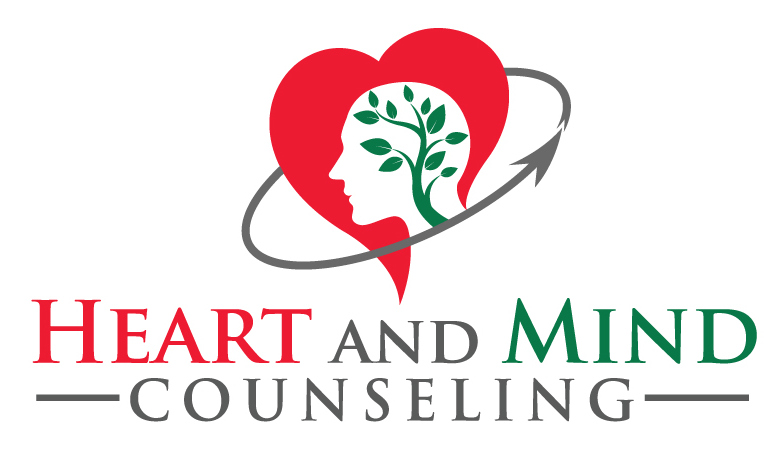Have you been on the roller-coaster ride of trying to lose weight? Is Medication Right for you?
Has a doctor told you that you need to lose weight due to health reasons? Do you know what your BMI (body mass index) is? BMI is the measurement of weight in relation to height. This is used to determine if a person is considered to be overweight or obese. BMI of 25 – 30 is considered to be overweight. Over 30 is in the obese category. You can find BMI calculators online to find out what your BMI is. **Keep in mind, body type will influence the results. A big-boned, wide-framed person will naturally have a higher BMI, but not necessarily be considered overweight. The BMI guidelines were designed for the average-build person. Your doctor will determine what category you fall into.
What is Weight-Loss and Management?
Definition – Weight management refers to behaviors, techniques, and physiological processes that contribute to a person’s ability to attain and maintain a healthy weight. Most weight management techniques encompass long-term lifestyle strategies that promote healthy eating and daily physical activity.
Did you know?
Obesity is a chronic disease requiring long-term treatment/lifestyle changes. It affects more than 4 in 10 adults. Alarmingly 1 in 10 Americans are considered to be severely obese.
How do you lose weight?
We’ve all heard it. Eat less, exercise more. Eat only healthy foods and get moving! We’ve all heard it – Just Do It! For most of us, this is easier said than done. For some trying to lose weight, implementing lifestyle changes in diet and exercise might work for them. For quite a few, it’s not enough. They need help and support.
For those who are considered to be overweight or obese, their stories can be heartbreaking. They’ve tried to lose weight, but can’t seem to lose a pound. Some say they’ve lost weight only to gain it all back (sometimes even more) leaving them frustrated and feeling like they’ve failed.
In many cases, when healthy lifestyle changes are not enough to lose weight and/or maintain weight loss, medications can be prescribed in addition to healthy eating and increased exercise. Keep in mind, only a certified health care professional can determine when and what medications are safe to prescribe. Medications work in different ways. Some target hunger pains, others are designed to make it difficult for the body to absorb fat from foods. Medications do not replace healthy lifestyle changes; they are designed to be combined with healthy eating and increased exercise.
Research has shown that after 1 year, people that include medications with healthy lifestyle changes lose 3% – 12% more of the starting weight when compared to those with no medication support. More than half of the participants lost 10% of more of their starting weight with some medications. https://www.niddk.nih.gov/health-information/weight-management/prescription-medications-treat-overweight-obesity
Weight loss medications are not meant for those wanting to “improve the way they look”. They are designed to assist individuals that need help to lose weight to improve their health. There can be side-effects that are typically mild and tend to lessen with continued use. Your qualified health care provider will assess your individual case and will prescribe the best medication for you.
Word to the Wise
Always do your research and learn as much as you can about any medications you are considering. Ask questions! Be an active participant in your healthcare plan. Work with your qualified health care professional to design a plan that includes all aspects of weight loss including learning healthy eating habits, appropriate physical activities, a mental health therapist and medications (if you meet the criteria to benefit from medications). Obesity requires ongoing monitoring by your doctor, and therapist. Medications are used in combination with lifestyle changes and professional assistance.
Factors to consider before starting medications
Health benefits from losing weight, possible side effects of medications, current health issues and other medications (including vitamins/supplements) that you may take, family medical history and cost. If your weight is in the healthy range, taking medications to become thinner is not a good idea. These medications are meant for those with higher BMI.
Benefits of Weight Loss
If you are overweight, losing weight can help lower blood sugar (diabetes), blood pressure, triglyceride levels, and improve cardiac health. Other health issues attributed to being overweight such as body aches and pains, and sleeping problems can also be reduced over time. Losing weight can help you live a longer, healthier life. It also can reduce the risk of serious health issues in the future.
Weight loss can greatly impact mental health issues as well. Weight loss takes time. You need the support of a therapist to help you with the ever-changing emotions that you will experience. A person that is successful with weight loss and keeping the weight off, feels a personal sense of accomplishment. They look and feel better. Their confidence will increase and they develop a positive mindset with self-image.
Set realistic goals. Do not set yourself up to fail!
For example – losing 2 pounds per week is doable. Losing 10 pounds per week is unrealistic and you are setting yourself up for disappointment. If you don’t meet a reasonable goal for one week, that’s okay! Every week will vary during a weight loss journey. Look at the progress you are making and keep moving forward.
It is imperative that you have a strong support system including a therapist to be there for you. A therapist that is experienced with the struggles of losing weight will help you through the roller coaster of emotions that you will experience. From discouragement, depression, anxiety, and irritability, a therapist will help you learn the skills needed to manage these emotions.
More About Heart and Mind Counseling
Heart and Mind Counseling has therapists that specialize in ADHD, behavioral therapy, chronic illness and pain, domestic violence, self-esteem, depression, anxiety, inner conflict, relationship issues and negative relationship patterns. If you are being impacted in some of the ways above, contact us today so we can explore what it means for you. We can help you with your thought patterns, and emotions surrounding your self-perception, desires, expectations, realities of your relationships and life today!
Heart and Mind Counseling is a full-service Telehealth Psychotherapy service helping clients with a broad spectrum of needs in Michigan, Alabama, Colorado, Georgia, Florida, Iowa, Kansas, Massachusetts, New Jersey, Ohio, Oklahoma, Pennsylvania, Vermont, Texas, and Wisconsin.
Dr. Corinne Smorra, LCSW is trained in EMDR and specializes in therapy for patients and families dealing with congenital heart disease, chronic disease, anxiety, depression, organ transplant, end of life, and grief. For more information about Dr. Smorra and her research, please visit https://www.linkedin.com/in/ dr-corinne-smorra-dsw-msw.lcsw-439a9ba/ or www.heartandmindcounseling.com.
Catherine Nwora, MSN, APRN, PMHNP-BC, FNP-BC, Family Nurse, Psychiatric Mental Health Nurse Practitioner. She specializes in comprehensive psychiatric evaluations, identifying risk factors that might affect patient’s mental health, medication management, chronic illness and pain, crisis intervention, depression, diagnosis of children, adolescents and young adults with eating disorders and weight management. Catherine is licensed in the State of Michigan.
Brandy Goins, PhD (ABD), LPC certified in DBT, is a Licensed Sex Offender Treatment provider specializing in domestic and sexual abuse, addictions, chronic illness, chronic pain and trauma. She also specializes in a range of mental diagnoses such as schizophrenia, schizoaffective disorder, bipolar disorder, dissociative identity disorder. Ms. Goins also specializes in polyamorous, kink, LGTBQ+, transgender populations as well. Brandy is licensed in Florida, Michigan and Texas.
Lauren Thomas, LCSW is a trauma therapist Certified in Trauma Focused CBT and CPT. She specializes in trauma, chronic illness and pain, anxiety, depression, anger management, grief, pregnancy and child loss, and special needs children and their families. Lauren is licensed in Michigan and Florida.
Katie Dines, LCSW is trained in EMDR and specializes in self-esteem, depression, anxiety, substance abuse, inner conflict, relationship issues (domestic abuse, negative relationship patterns). Katie is licensed in Michigan.
Kennedy Boulis, LCSW is trained in DBT, does crisis counseling as well as specializing in ADHD, depression, anxiety, behavioral therapy for children, adolescent, family, and adult clients. Kennedy is licensed in Michigan.
References:
https://www.niddk.nih.gov/health-information/weight-management/prescription-medications-treat-overweight-obesity
https://www.cnn.com/2024/02/03/health/weight-loss-drugs-wellness/index.html








